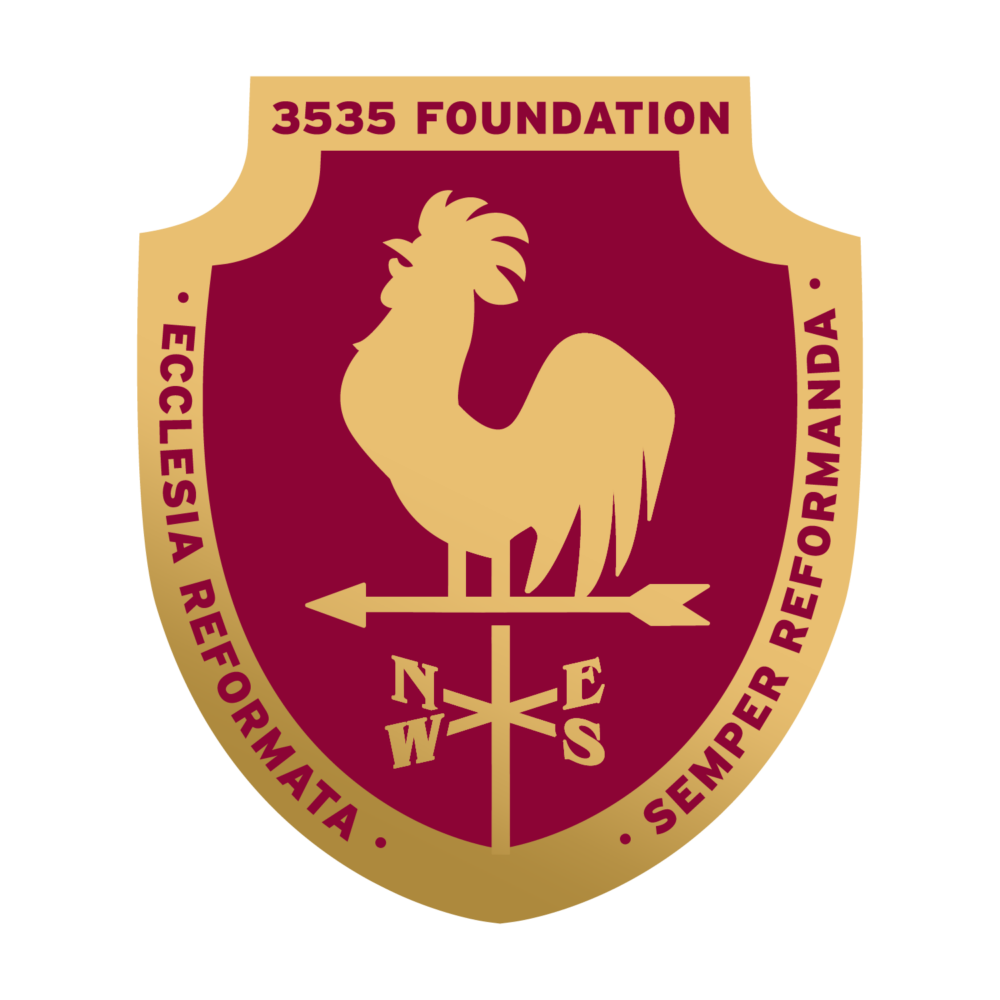The Second London Confession of Faith (2LCF) was the last confessional document produced following the Westminster Assembly (1643-1653). It benefitted from the work of the various Reformation churches and perhaps represents the most clear and biblically faithful articulation of the regulative principle of worship. This document formed the basis of the baptized congregations and has far reaching influence even to the present day. In many ways, it is the culmination of an extended conversation surrounding the nature and practice of a New Testament church.
The 3535 Foundation is publishing volumes to make available to the general public the documents referenced by the authors of the 2LCF and the documents produced by those associated with the churches that adopted the 2LCF. Its goal is to fulfill the overall project’s purpose to promote both the worship of God and proper order of the church, all according to the mind of Christ; as articulated by the Second London Confession of Faith and the churches of the congregational way. Additional works will be published that seek to provide greater clarity surrounding confessional issues, e.g. regulative principle of worship; ecclesiology; etc. We hope the volumes will provide a means to engage in the broader context of the 2LCF, that we might better understand the document and its implications upon church life.



